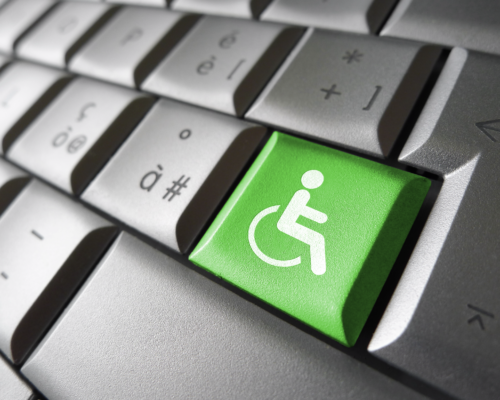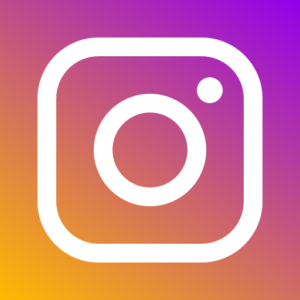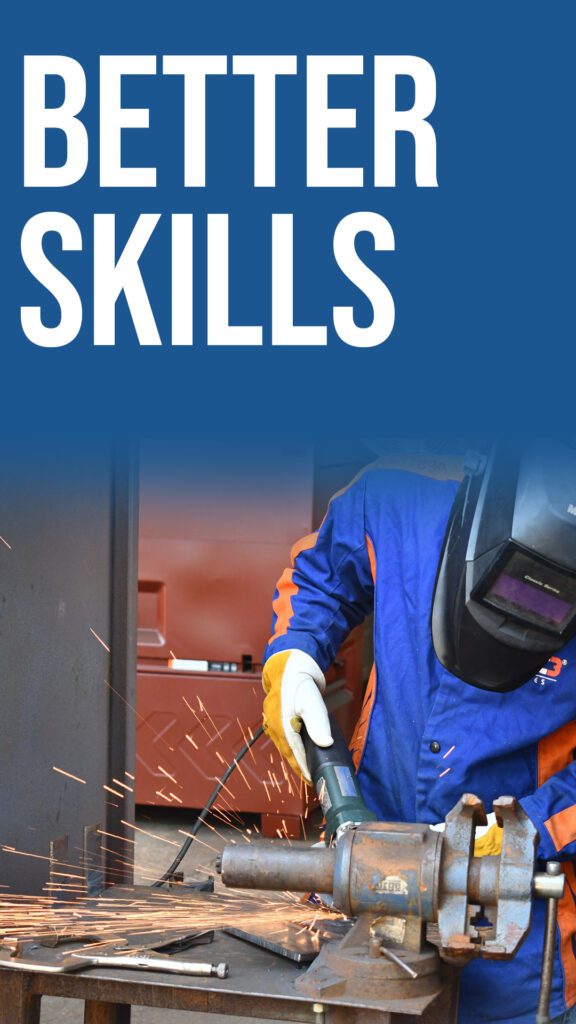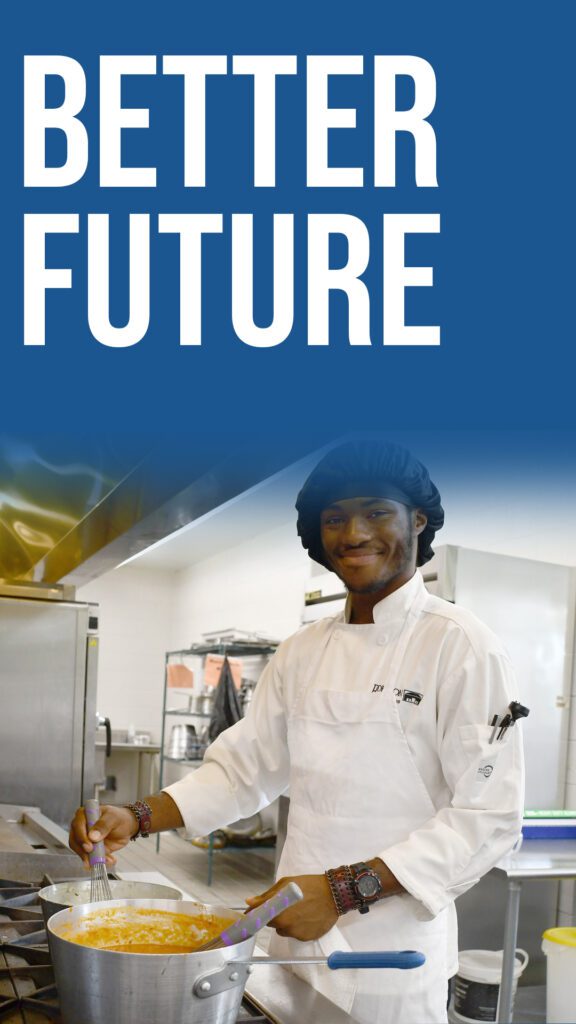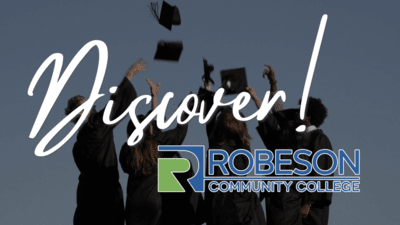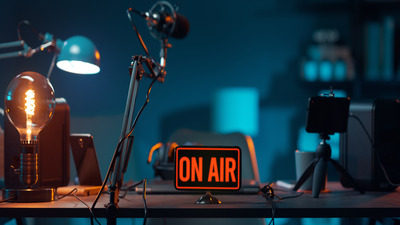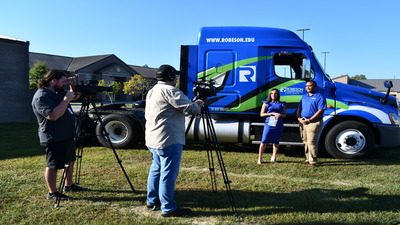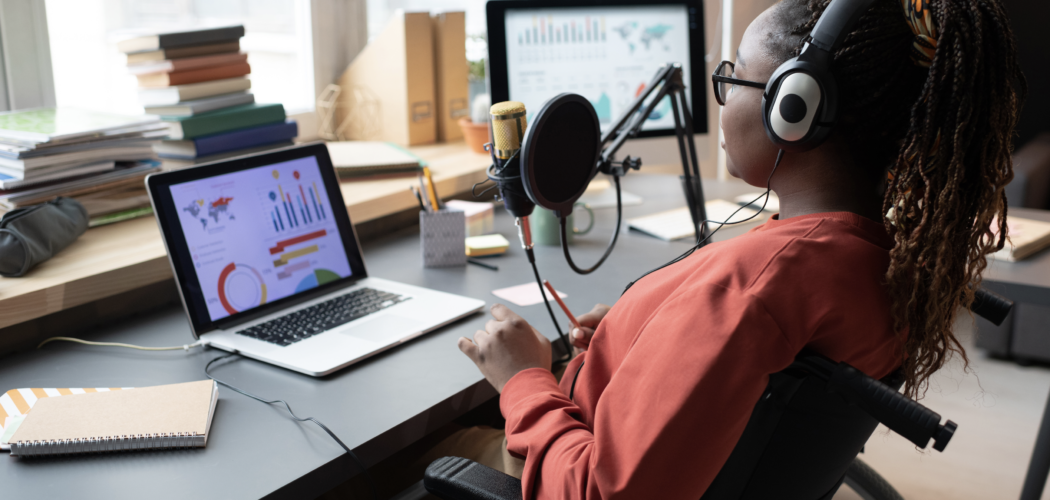
RCC’s Anne Moss-Biggs Library receives $12,870 grant
The Anne Moss-Biggs Library will be receiving new equipment thanks to a $12,870 grant from the State Library Bright Ideas Grant.
The library submitted an application for funding to purchase assistive technology equipment that would help RCC better serve its students with disabilities.
“The technology will be for students who are visually impaired or blind,” stated Maryellen O’Brien, the director of Learning Resource Services.
One instructor at RCC stated, “Several years ago, I had a blind student in my ENG 111 class. This student did not read Braille. When I think of that student, it seems that any technology that translates voice into text or text into voice, records voice, or reads screens would have been helpful for him.”
Hearing stories like that across campus prompted O’Brien to discover ways she could improve access to those with disabilities.
“It is the RCC Library’s newest objective to meet the needs of all of its patrons through the purchase of some key assistive technologies,” O’Brien said.
According to the American Library Association (ALA), there are specialized software and hardware programs for patrons who are blind or visually impaired, such as those that enlarge displays on the monitor or read the material to the user through a speech synthesizer.
“The ALA refers to some of the most common assistive technologies owned by libraries, and for purposes of this grant application, we have used that list to help determine which resources would work best for the RCC Library’s patrons,” O’Brein said. “Additionally, in anticipation of our submission, in January 2022, I surveyed the other community college library directors in North Carolina about the assistive technologies that they maintain at their libraries.”
Some of the possible equipment that the library may purchase include the following that was found to be helpful at the other community colleges.
- Assistive Listening Systems (ALSs), aka Assistive Listening Devices (ALDs), deliver audio directly to the ear while separating it from background noise—improving what’s commonly called the speech-to-noise ratio.
- Closed-Circuit TV or Video Magnifiers create a large depth of field for viewing three-dimensional objects, and a smooth, nonglare reading table that supports heavy books.
- Comfort Contego with Headphones and Earplugs: a wireless communication system that provides high-quality audio over secure coded channels.
- Digital Voice Recorders convert sounds into a digital file that can be moved from one electronic device to another, played back by a computer, tablet or smartphone and stored like any other digital file.
- Large-Print Keyboards for visually-impaired students.
- Magnifying Screens can be used on any PC, as they just pop over the PC’s normal screen.
- Portable Desktop Magnifiers display amazing crystal-clear HD images with vibrant colors, at any distance, on a large 7-inch widescreen LCD.
- Screen-Magnifying Display Cameras allow students to plug their laptops in for magnification on the monitor and they can use the camera to scan/magnify documents or other non-digital items.
- Smart Pens & Notebooks come in a variety of different models—reader pens, exam pens, and lingo pens.
- USB Wireless Microphone Systems allow students to record lectures wirelessly.
